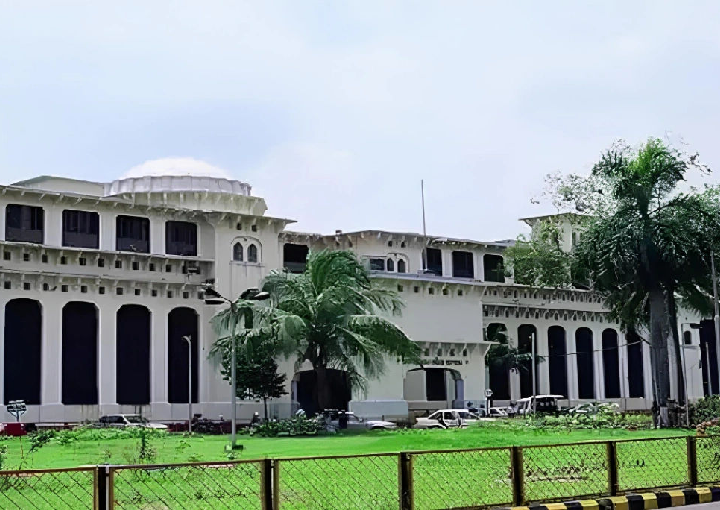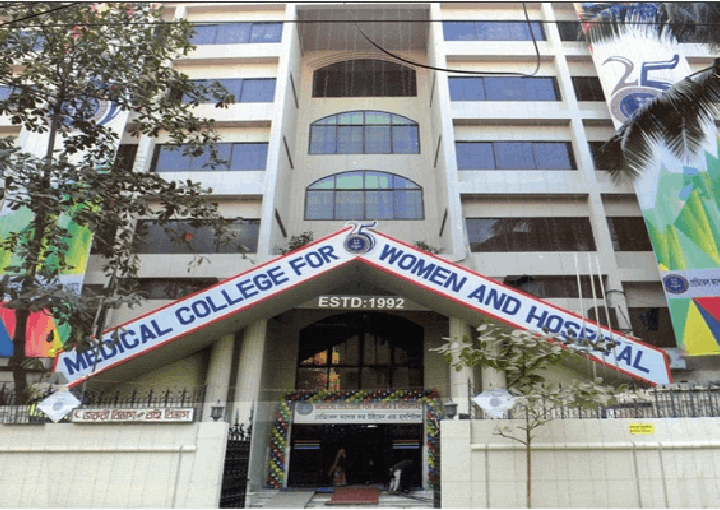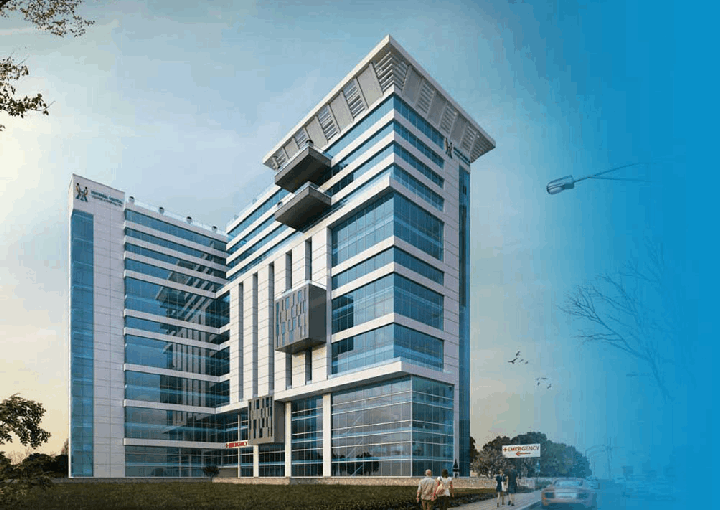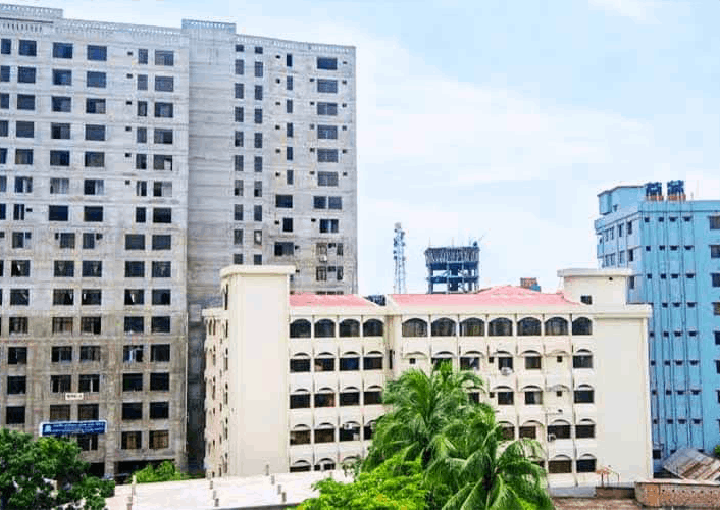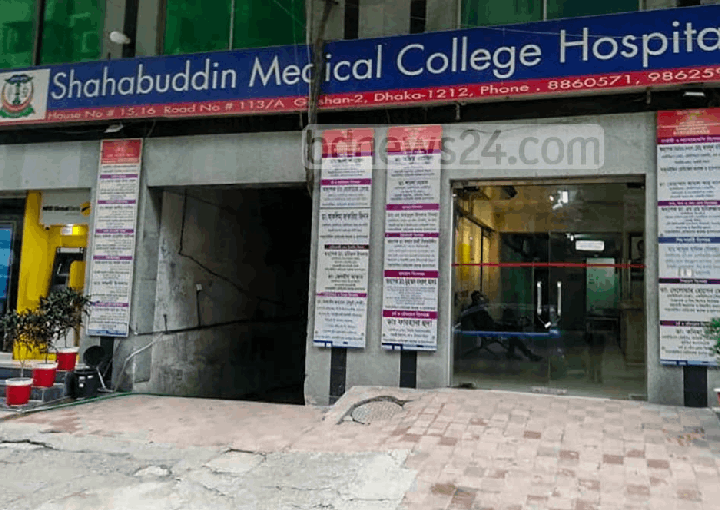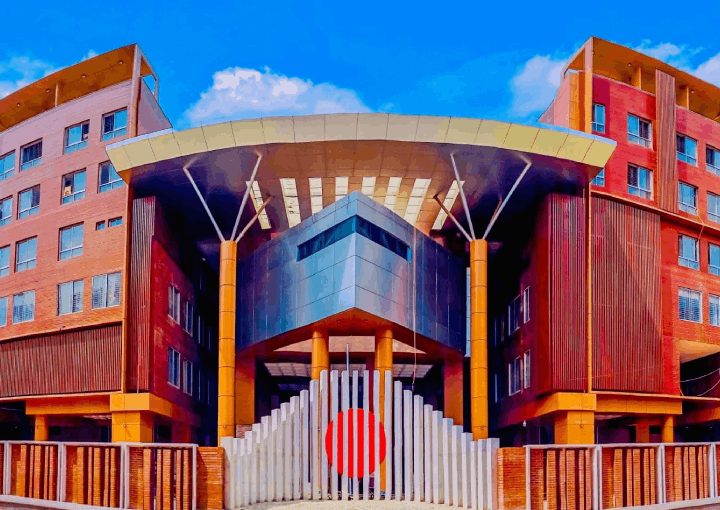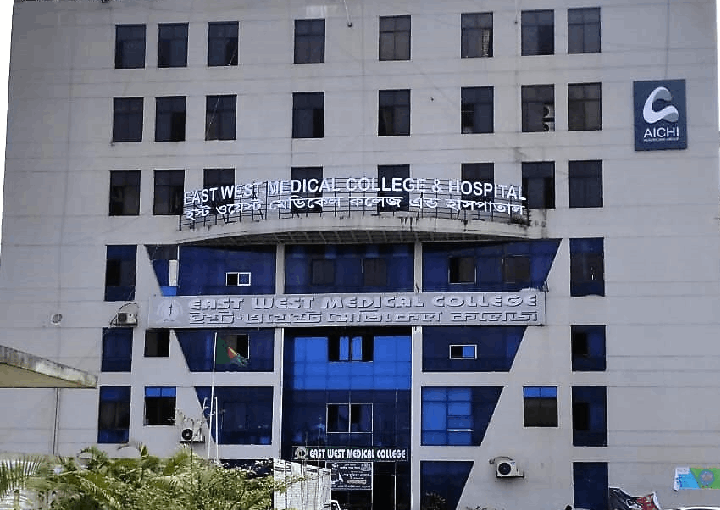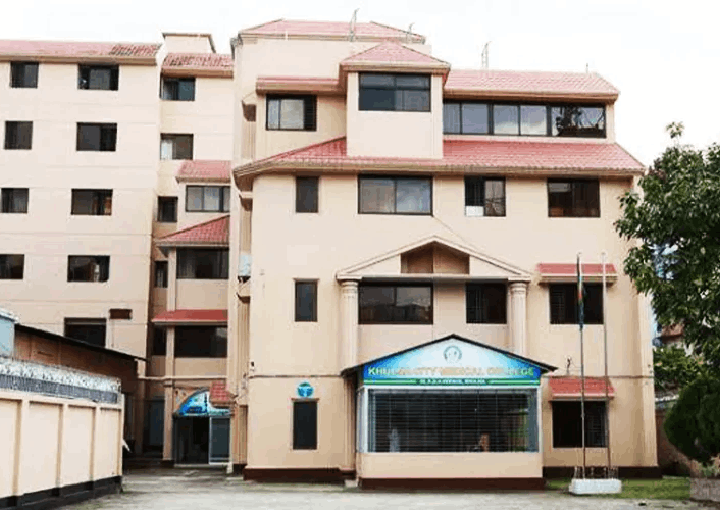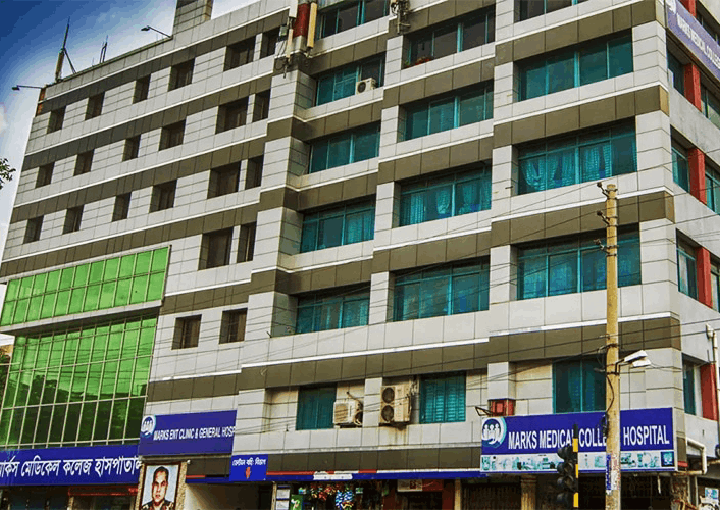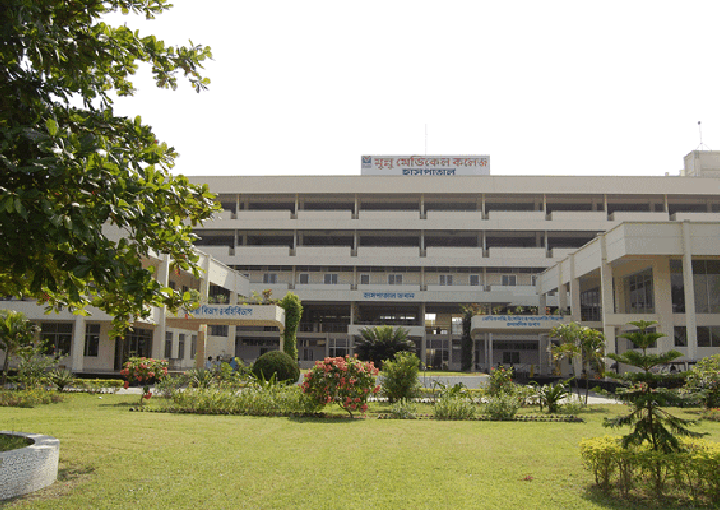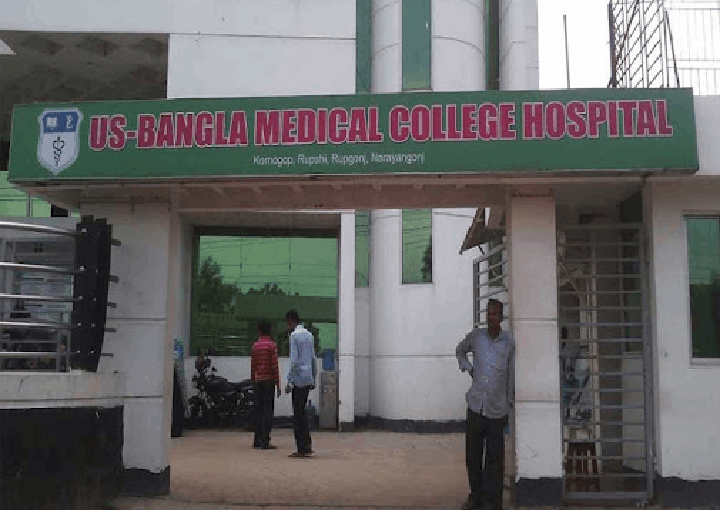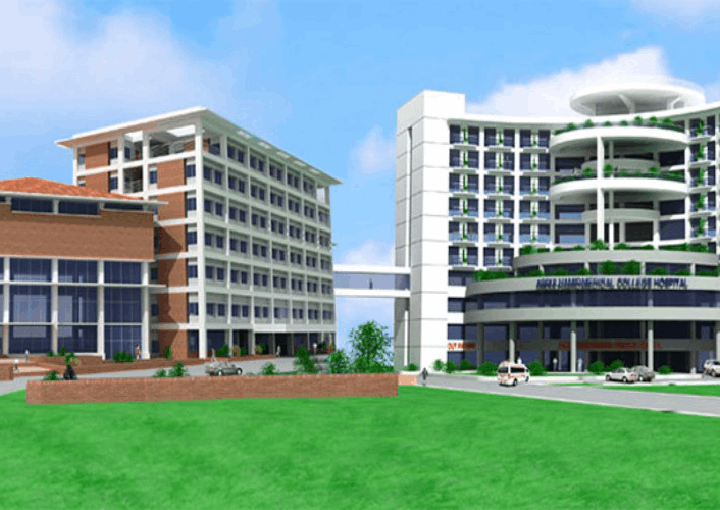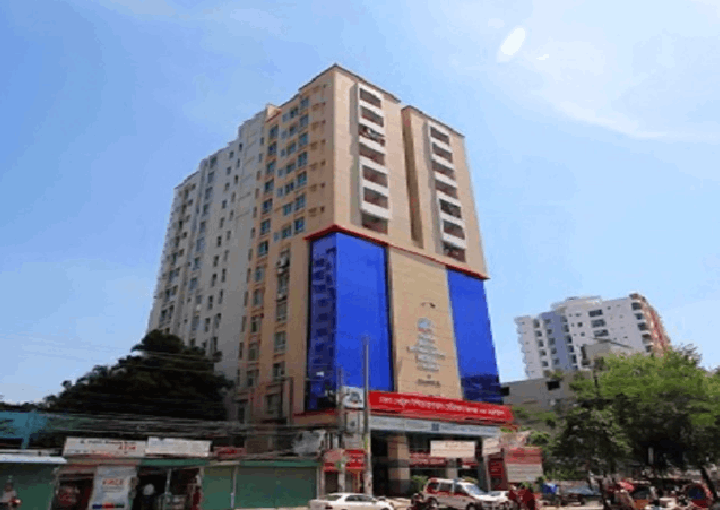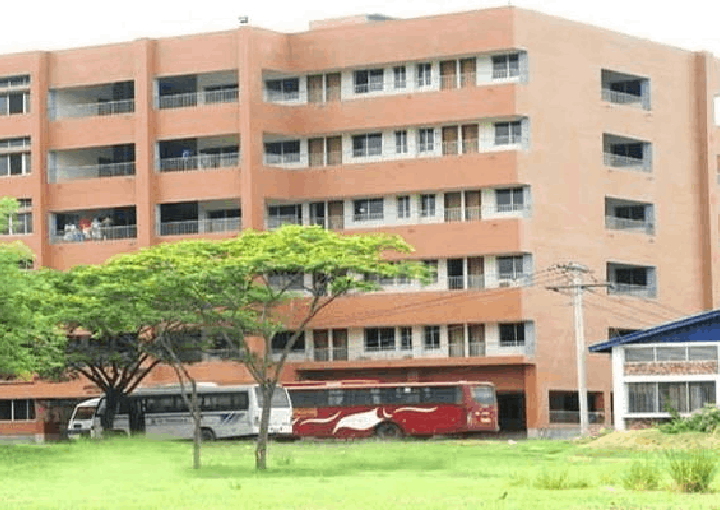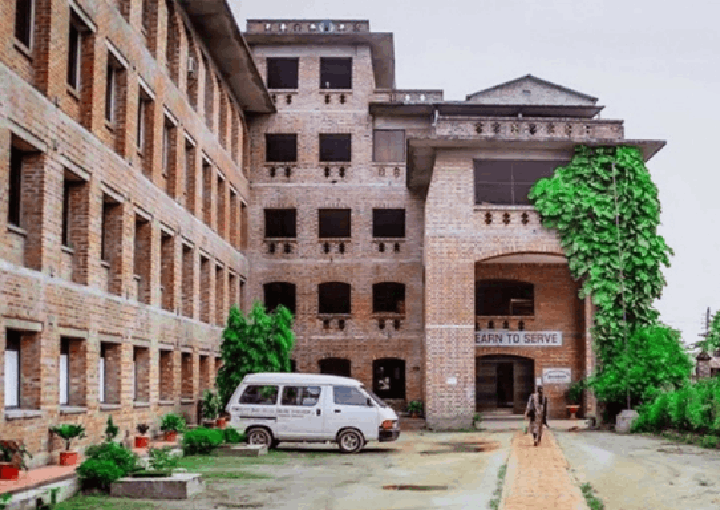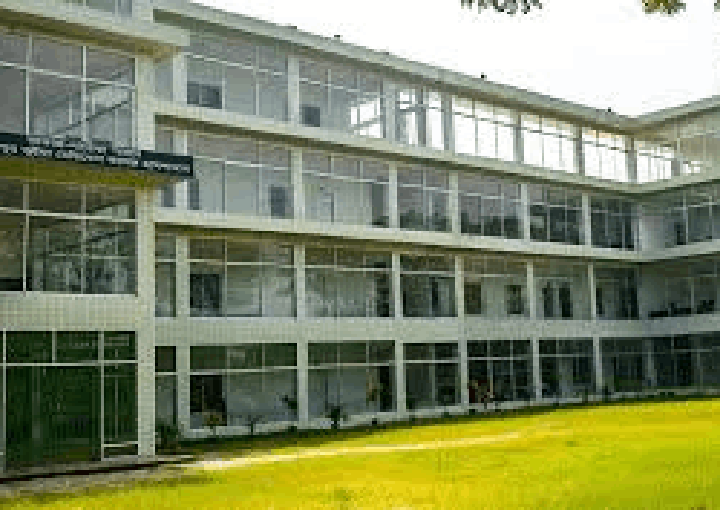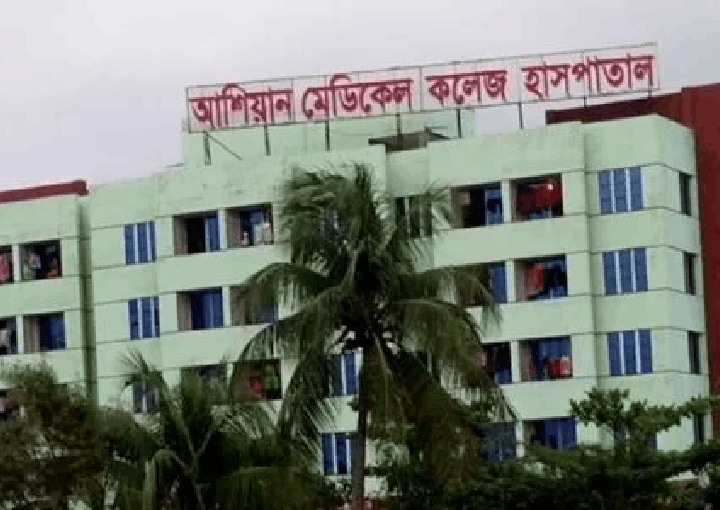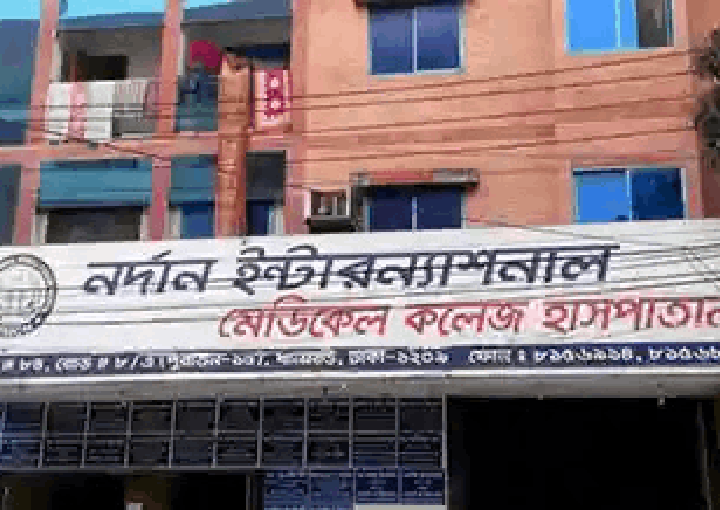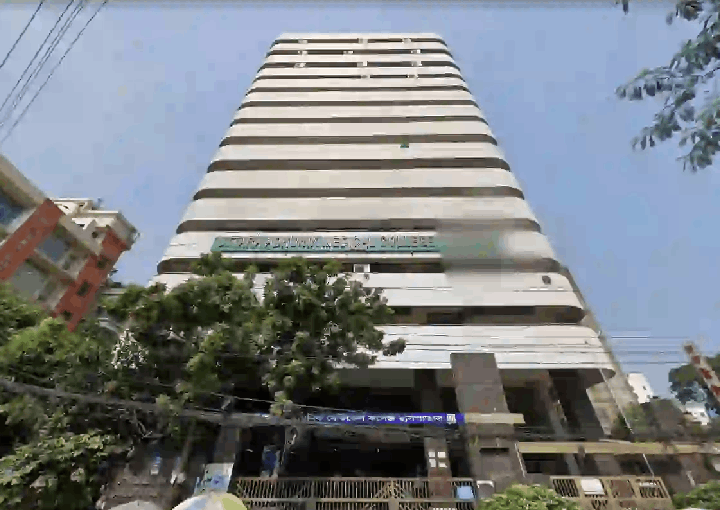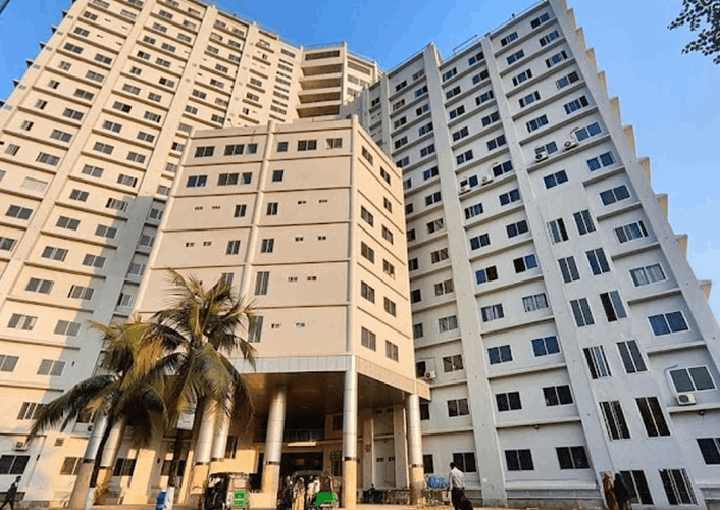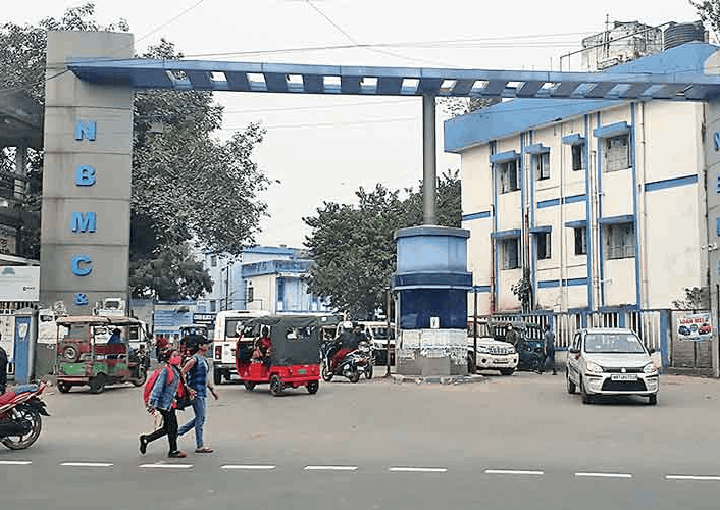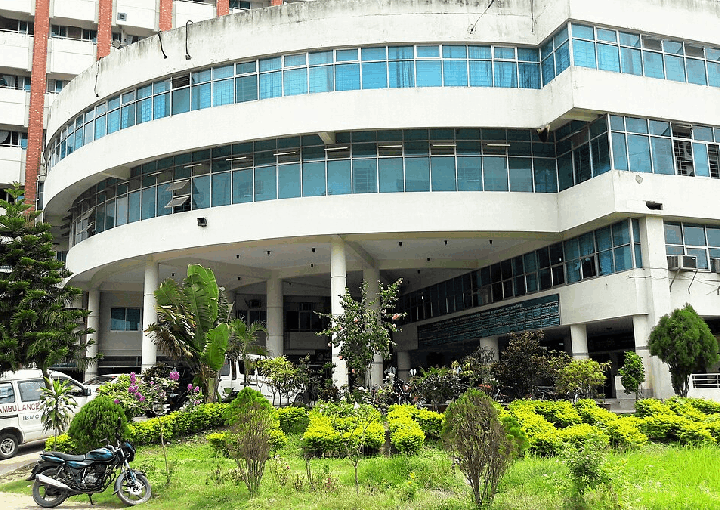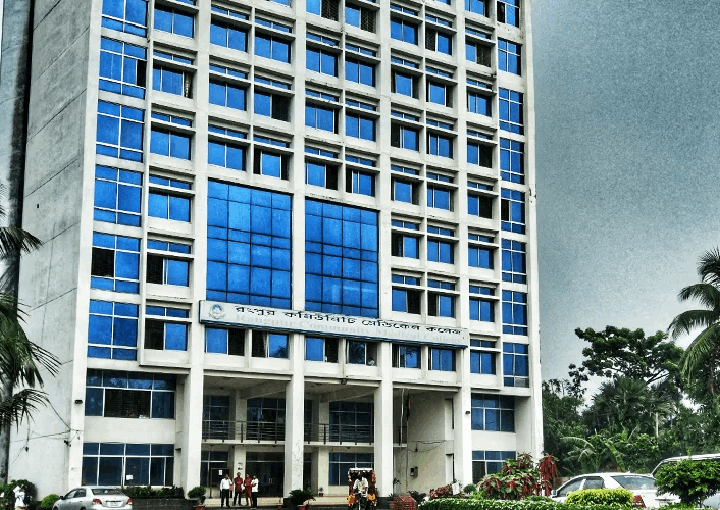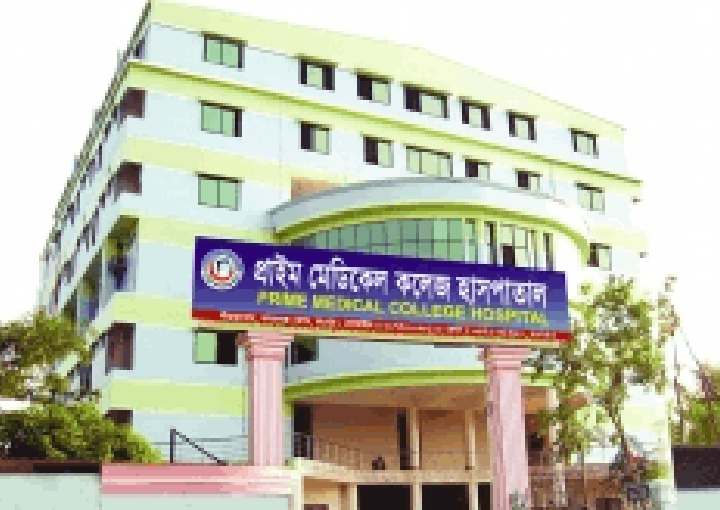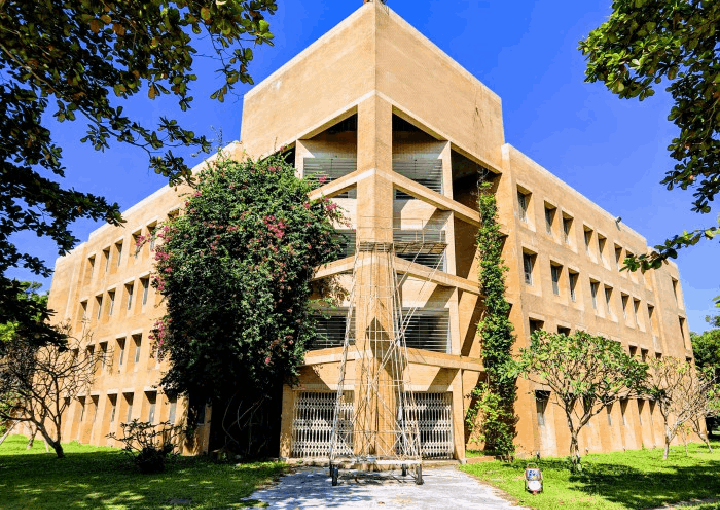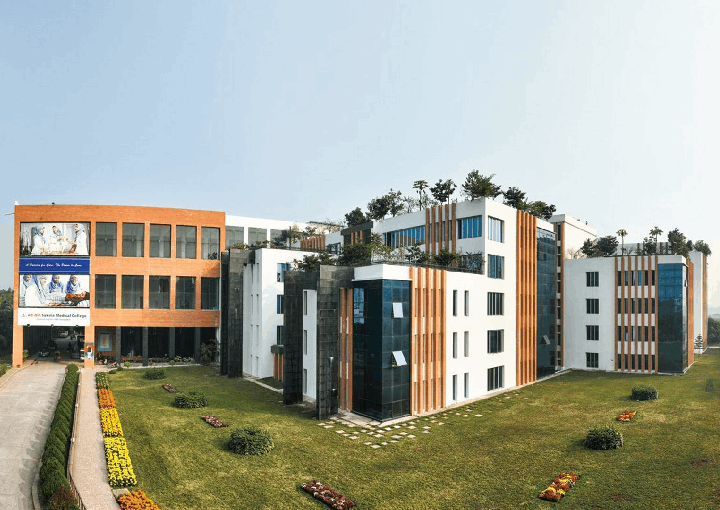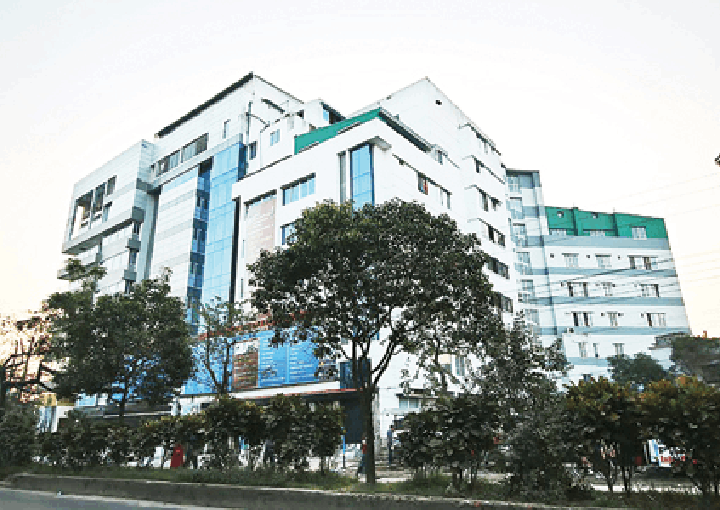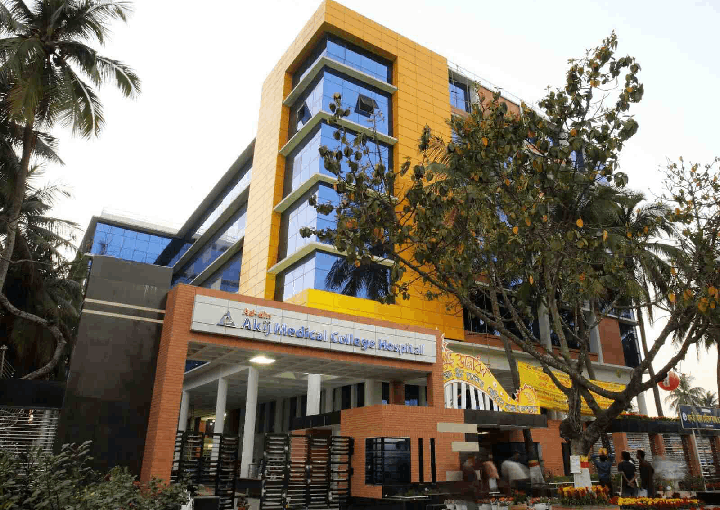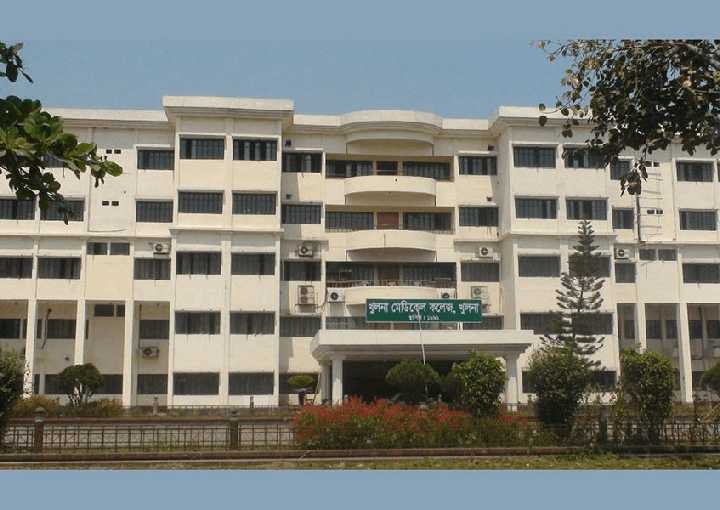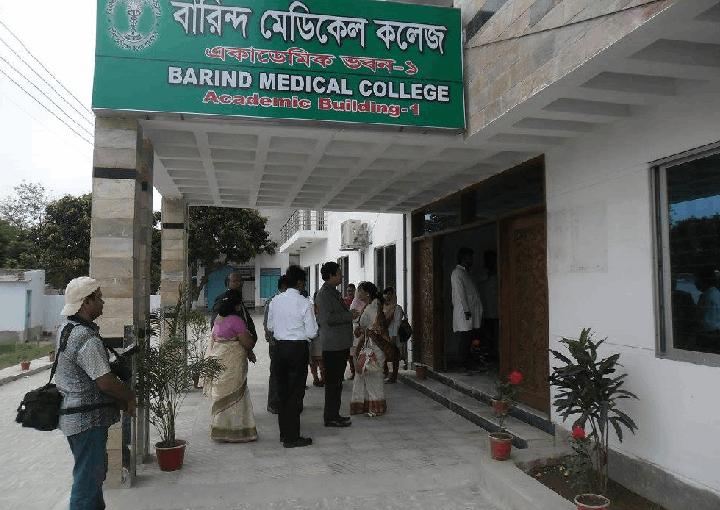Bangladesh
Navigating Your Medical Dream: Why MBBS in Bangladesh is a Smart Choice for Indian Students
As an MBBS abroad education consultant in India, I’ve witnessed firsthand the aspirations and challenges faced by countless Indian students dreaming of a career in medicine. The fierce competition for limited seats in government medical colleges and the exorbitant fees of private institutions often leave many talented individuals feeling disheartened. This is where exploring global opportunities becomes crucial, and among them, studying MBBS in Bangladesh has emerged as a particularly compelling option.
Top Medical Colleges in Bangladesh
Why Bangladesh? A Consultant’s Perspective
From my vantage point, Bangladesh offers a unique blend of advantages that make it an attractive destination for Indian medical aspirants. It’s not just about finding a seat; it’s about finding a quality education that is financially viable and culturally familiar.
1. Affordability and Accessibility: Breaking Financial Barriers
One of the most significant drawcards of MBBS in Bangladesh is its affordability. Compared to the hefty fees of private medical colleges in India, the cost of the entire MBBS program in Bangladesh is substantially lower, often ranging from INR 24 Lakh to 45 Lakh for the complete course. This significantly reduces the financial burden on families, making a medical degree a realistic aspiration for a wider range of students.
Furthermore, Bangladesh offers a special quota for SAARC (South Asian Association for Regional Cooperation) countries, which often translates to reserved seats and sometimes even scholarships for Indian students. This, coupled with the absence of donation requirements often found in some Indian private colleges, makes the admission process transparent and student-friendly.
2. Quality Education and NMC/WHO Recognition: Global Standards, Local Relevance
The quality of medical education in Bangladesh is often underestimated. Many medical colleges in Bangladesh are recognized by the National Medical Commission (NMC) of India (formerly MCI) and the World Health Organization (WHO), ensuring that the degree obtained is globally accepted and allows graduates to practice in India after clearing the mandatory Foreign Medical Graduate Examination (FMGE)/NExT.
The curriculum in Bangladesh is largely aligned with the Indian MBBS syllabus, making the transition smoother for Indian students and preparing them effectively for the FMGE. The medium of instruction is predominantly English, eliminating language barriers that might arise in other foreign destinations. Additionally, medical colleges in Bangladesh emphasize practical and clinical exposure, with many affiliated hospitals having a high patient inflow, providing valuable hands-on experience.
3. Cultural Proximity and Familiarity: A Home Away From Home
For Indian students, Bangladesh offers unparalleled cultural and geographical proximity. The shared language (Bengali is widely understood in many parts of India), similar food habits, and a generally welcoming environment make cultural adaptation much easier. This significantly reduces homesickness and allows students to focus more on their studies. Travel costs are also considerably lower due to the short distance, making it convenient for students to visit their families during breaks.
Key Considerations for Indian Students
While the advantages are numerous, it’s essential for students and parents to be aware of a few key considerations:
1. NEET Qualification is Mandatory
Since 2018, it is compulsory for Indian students aspiring to study MBBS abroad, including in Bangladesh, to qualify for the NEET (National Eligibility cum Entrance Test) exam. This ensures that students possess a foundational understanding of medical sciences.
2. FMGE/NExT: The Gateway to Practice in India
Upon completion of their MBBS degree from Bangladesh, Indian students must clear the FMGE (Foreign Medical Graduates Examination)/NExT to obtain a license to practice medicine in India. While some colleges in Bangladesh have a commendable FMGE pass rate, dedicated preparation is crucial. It’s important to choose colleges that focus on a clinical-based curriculum and provide support for FMGE preparation.
3. Choosing the Right College: Due Diligence is Key
With numerous medical colleges in Bangladesh, selecting the right one is paramount. As a consultant, I always advise students to prioritize colleges that are:
- *NMC and WHO recognized:* This is non-negotiable for future practice in India.
- *Reputable and well-established:* Look for colleges with a strong academic record and good infrastructure.
- *Offer good clinical exposure:* Adequate hospital affiliations and patient flow are crucial for practical learning.
- *Transparent with fees and policies:* Avoid colleges with hidden costs or unclear admission processes.
Some of the well-regarded medical colleges in Bangladesh that are popular among Indian students include Dhaka Medical College, Bangladesh Medical College, Dhaka National Medical College, and Jalalabad Ragib-Rabeya Medical College, among others.
4. Internship Requirements
The MBBS program in Bangladesh typically lasts for 5 years, followed by a compulsory 1-year rotatory internship. Indian students might have the option to complete their internship in India after clearing FMGE/NExT, as per NMC guidelines. It is vital to stay updated on the latest NMC regulations regarding internship requirements for foreign medical graduates.
The Consultant’s Role: Guiding Your Journey
As an MBBS abroad education consultant, my role extends beyond merely helping with admissions. It’s about providing comprehensive guidance, from selecting the right college to navigating the admission process, visa formalities, and even post-graduation career pathways. I emphasize the importance of thorough research, transparent communication, and realistic expectations.
Studying MBBS in Bangladesh presents a viable and attractive pathway for many Indian students to achieve their dream of becoming a doctor. With its affordable fees, quality education, cultural familiarity, and NMC recognition, it continues to be a top choice for those seeking a medical degree abroad.


